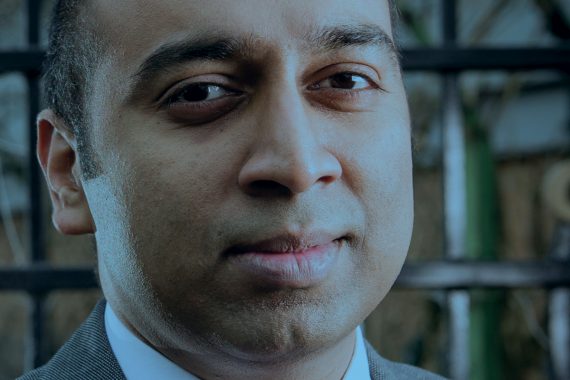Real GP numbers suggest an even worse outlook

In 2015, the Secretary of State for Health committed to ensuring 5,000 additional GPs would be working in general practice by 2020/21 – a bold eye catching promise, that helped put general practice even more into the spotlight during that election year. We are now half way through that ambitious timetable and sadly the omens for success are at best disappointing.
So what has gone wrong and are there any signs of progress towards that 5,000 figure?
Before anyone tries to explain away the (lack of) progress in this area, here are the numbers. In September 2015, according to the latest data published by NHS Digital, there were 37,126 qualified GPs in England. The FTE (full time equivalent) figure was 29,862. As of June this year, the number is now 37,753 (full time equivalent is 29,423).
These numbers aren’t, however, the ones that you will see in the NHS Digital analysis reports. Those figures also include GP trainee (registrar) numbers, which is a procedure that isn’t employed when secondary care do their headcounts.
Sticking to the principles of ‘lies, damned lies and statistics’, you can therefore read this data in different ways. The more optimistic, some would say very optimistic, of us would say the headline is ‘627 more GPs since 2015’, but I would suggest really it should be ‘439 fewer full time GPs since 2015’. The fact is that the number of full time GPs is continuing to fall.
All that said, arbitrary numbers of 5,000, 8,000, 10,000, or whatever the next think tank comes up with, are meaningless. Address the workload, increase funding and decrease bureaucracy and that will ensure qualified GPs are retained and sufficient numbers of medical students and foundation doctors choose general practice as a career. That is the only way to properly start addressing the crisis in general practice.
I remember being a trainee, and being told that the future is bright for general practice. All I can see is my profession continuing to struggle to meet the expectations of the politicians by delivering more for less year on year.
Dr Krishna Kasaraneni is a GP in Doncaster and GPC workforce policy lead









